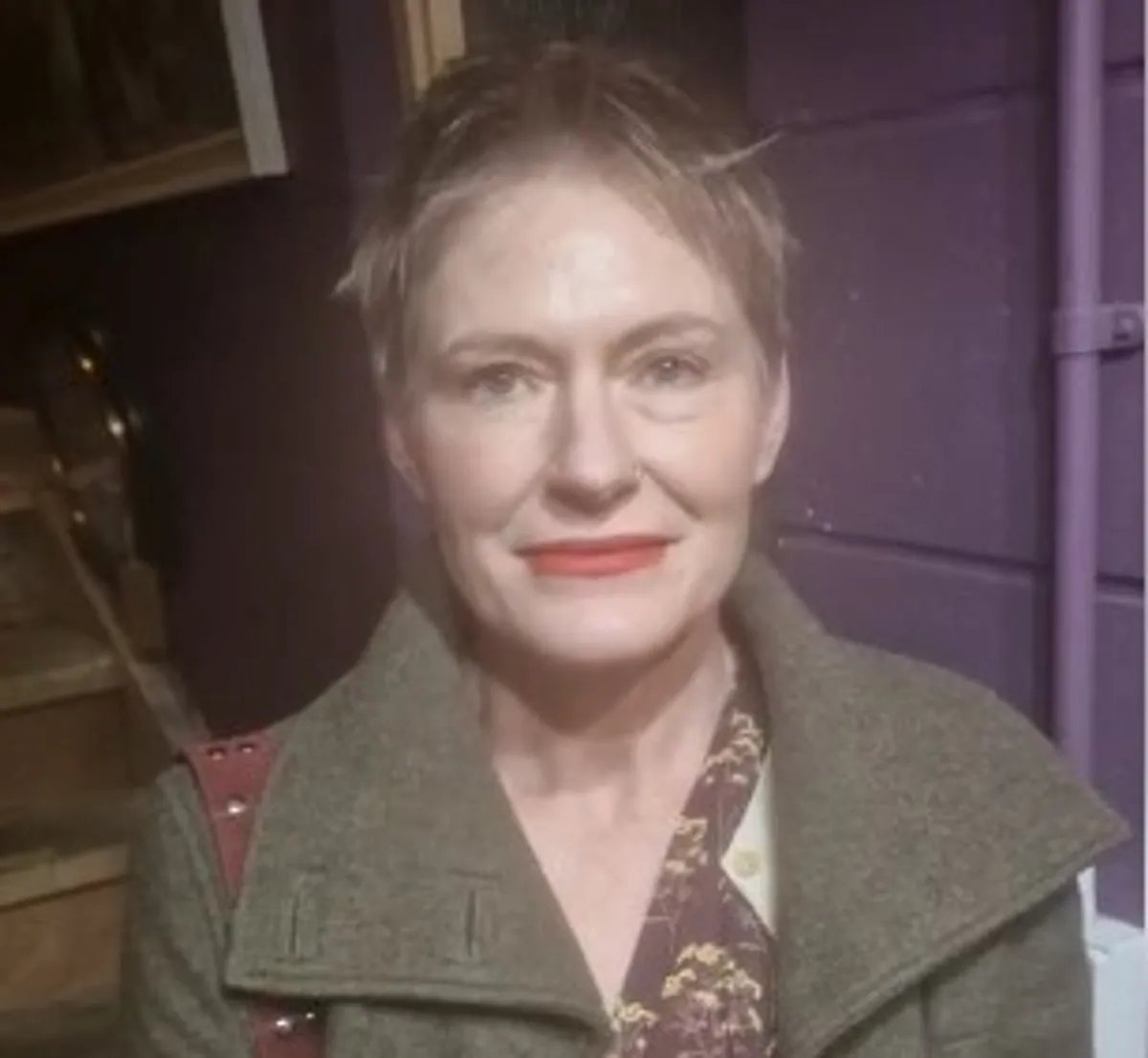Remember back in January when the Academy Award nominations sparked weeks of discourse over the perceived “snub” of “Barbie”’s Greta Gerwig for best director? (It’s rhetorical, of course you do.) Much of the indignation arose because it seems that the moral arc of our universe bends toward outrage, but it’s also undeniable that the Academy — and Hollywood in general — have an abysmal track record for recognizing directors who aren’t men. For those not keeping count, only eight women have received best director nominations in Oscar’s 96-year history, with five of the nine nods (Jane Campion has two) coming in the past seven years.
The dearth is partly because of the fact that, for a shockingly long time, there simply were no women directing commercial films, as Carrie Courogen explains in “Miss May Does Not Exist,” her welcome new biography of the pioneering filmmaker Elaine May. When May’s debut film “A New Leaf,” which she also wrote and starred in, was released in 1971, she was just the third woman to direct a major studio motion picture since the end of the silent film era. And the rare opportunity came at a price, with Paramount justifying significantly less money for the first-time director than they originally offered her for just a screenplay. By the end of the 1970s, only 14 of the more than 7,300 feature films produced in the prior 30 years had been directed by women. Three of those 14 were helmed by May. Yet despite her originality, success, and craft, May’s fourth film, 1987′s “Ishtar,” was such an extravagant flop that she never directed again.
Courogen’s biography is the first devoted to May, a long-overdue subject given her groundbreaking work as a filmmaker, screenwriter, and comedian, which is how she got her start at the University of Chicago in the 1950s. May was an integral founding member of the Compass Players, a small theater troupe that invented improv comedy as we know it today. In 1957, she and Mike Nichols, another Compass member with whom she shared an uncanny rapport, moved to New York City and — under the moniker Nichols and May — immediately skyrocketed to the kind of universal acclaim that has no modern-day parallel. Then just four years later, in the midst of a blockbuster Broadway run, May walked away, weary of the creative inertia imposed by fame.
Working in theater and taking small acting roles, May strived and occasionally struggled to establish a solo career. On her own, she was held “like every other woman,” Courogen writes, “to a different standard than her male counterparts.” Whether on the stage or the screen, acting or writing, May’s genius was never questioned, if anything she was too quick, too smart, but she was also “difficult,” a label that would regularly be affixed once she started directing, thanks in part to a propensity for shooting repeated takes and umpteen hours of ultimately unused film, characteristics that today only add to the mystique around male auteurs like David Fincher or George Miller.
Drawing on historical accounts, primary sources, and extant interviews, Courogen pieces together a comprehensive chronicle of May’s cinematic career. Well-researched and entertaining chapters on the chaotic creation of “Mikey and Nicky,” the industry hit-job on “Ishtar,” and May’s many screenwriting coups are especially informative, as is a brief account of her peripatetic childhood. May was born in Philadelphia but because of her father’s work in American Yiddish theater, they were always moving around. Her father’s death when she was just 10 years old devastated her and left a permanent mark on her work, which thematically focused on the fact that, as Courogen succinctly puts it, “People you love will leave. … The world is a cruel, hostile, terribly unfair place, and betrayal is inevitable.” Seeking independence, May got married at age 16, though the union yielded only her enduring last name and her daughter, Jeannie Berlin, who would go on to star in May’s second film, “The Heartbreak Kid.” When May left for Chicago, her daughter stayed behind in California to be raised by May’s mother.
The book less successfully offers insight into May’s private life, which Courogen repeatedly reminds readers is exactly how May, now 92, wants it. She has long shied from the kind of public persona today’s creatives crave, even pseudonymously writing her own profile for The New York Times in 1967. Though May collaborated extensively with Mark Harris for his 2021 biography of Nichols, she did not speak to Courogen, a notable and lamentable silence that Courogen wrestles with in an openly frustrated introduction. Oral history isn’t everything, particularly with stars inherently invested in their stardom, but those sections of “Miss May Does Not Exist” that explore May’s partnership with Nichols are generally more engaging in Harris’s seminal account, which incorporates interviews with May and seemingly every other living player. Courogen’s coverage of this material often cites or echoes Harris, and her few interviews with relevant personalities, like “The Birdcage” star Nathan Lane, parrot similar anecdotes. Courogen’s most illuminating original reporting circles the laudatory past decade of May’s career, highlighted by her best actress Tony for 2018′s revival of “The Waverly Gallery.” Kenneth Lonergan, who wrote the play, calls the then 86-year-old May’s performance “one of the greatest, if not the greatest stage performance I’ve ever seen.”
Lonergan offers a stinging assessment of those who hampered May’s career, saying, “The awards and accolades — what good did they do her now that she was in her late eighties? They made other people feel better about how they had treated her, but they didn’t really change anything for her.” The bittersweet coda reminds us that greatness persists whether or not it’s appropriately celebrated or rewarded. Courogen’s biography helps correct the record too, making May’s genius more tangible for her longtime fans, and offering incontrovertible proof for those yet to discover her that Miss May — and her remarkable talent — do indeed exist.
MISS MAY DOES NOT EXIST: The Life and Work of Elaine May, Hollywood’s Hidden Genius
By Carrie Courogen
St. Martin’s Press, 400 pp., $30
Cory Oldweiler is a freelance writer.





